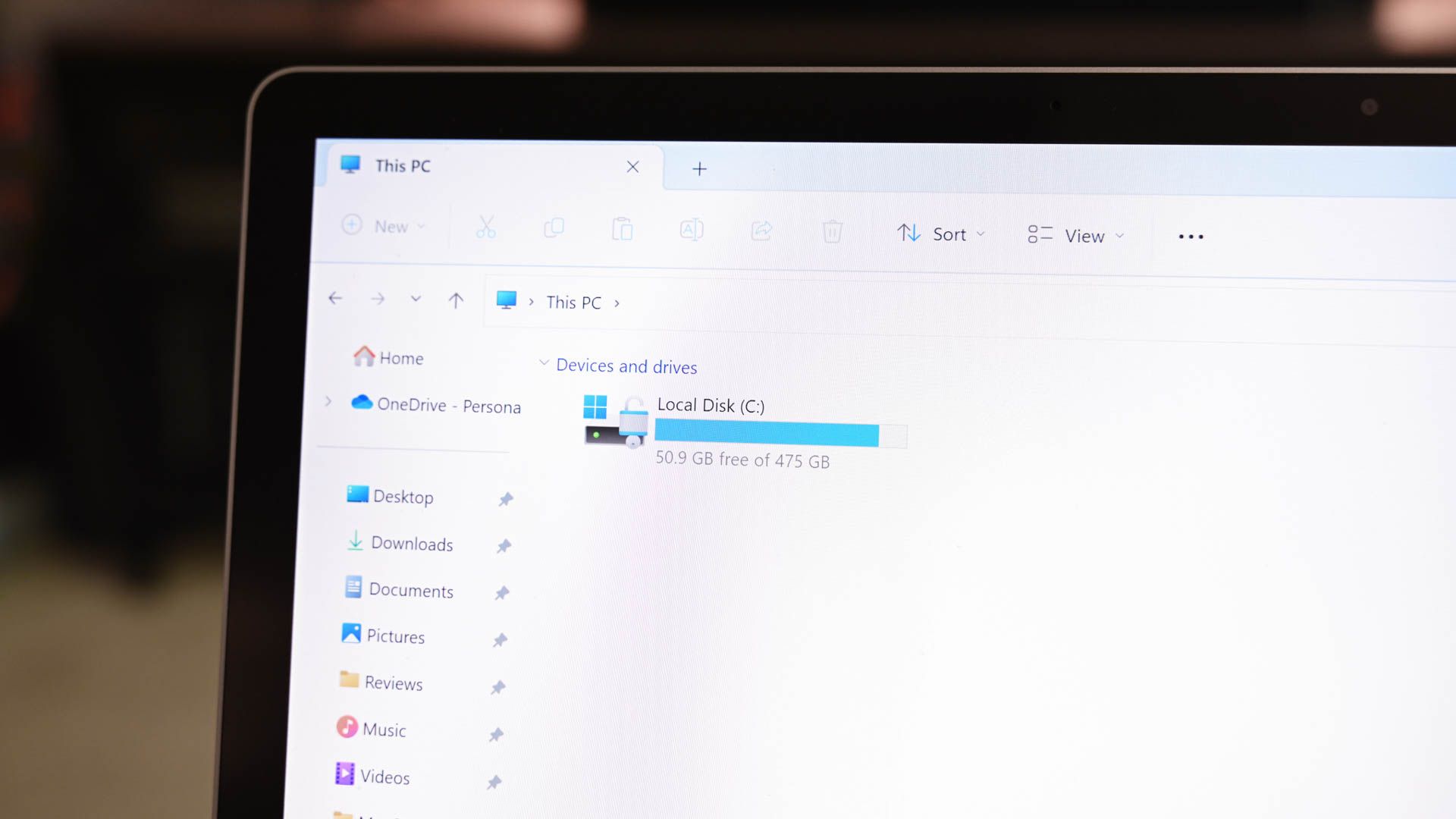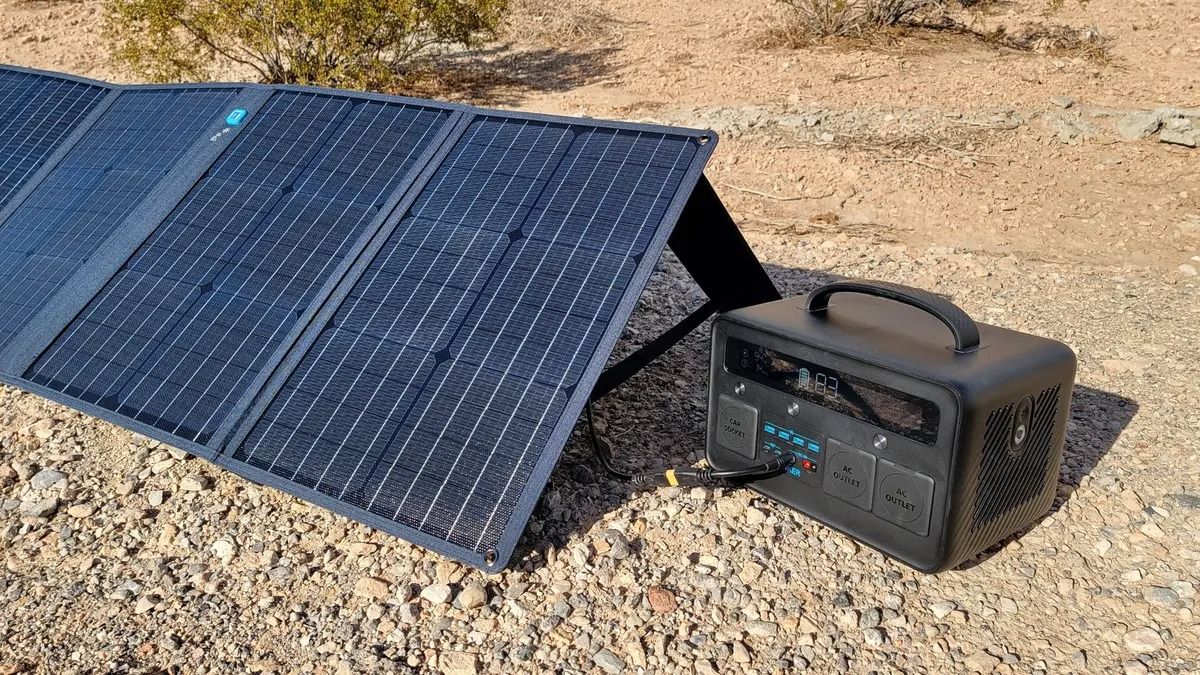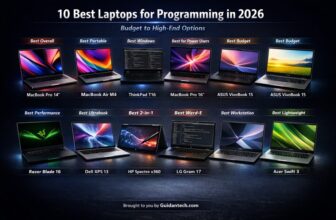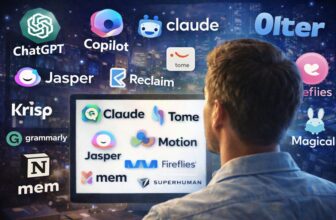
Note: Answers primarily by Alex Beachum, with help from Jackie Kreitzberg and Logan Ver Hoef.
Nintendo Life: Outer Wilds has been one of our most anticipated games since 2021 and we imagine a lot of Switch gamers will have been actively avoiding it elsewhere while waiting for this version! Can you tell us a little bit about how and why the release timeline changed from its original ‘Summer 2021’ window?
When picking a launch window, we were probably a little too much like the Nomai character, Avens and should have been a bit more like Daz or Yarrow. There were also complications from the fact we were still working on ‘Echoes of the Eye’ — which we decided to add to the Switch release once the delay had been agreed on. But it really boils down to there being a little too much enthusiasm around the Switch version early on.
…it really boils down to there being a little too much enthusiasm around the Switch version early on.
There’s a lot of Zelda in Outer Wilds’ DNA and Alex has said that one of the reasons it exists is because Skyward Sword “broke” him. What games did you play during development, and did they change your design approach with Outer Wilds in any way?
There were a lot of games that inspired aspects of the original approach, but once we figured out how to make the “curiosity-driven exploration” work, we were pretty committed to making Outer Wilds its own thing. Our Creative Director, Alex Beachum, specifically held off on playing Breath of the Wild during the last phase of development to avoid being overly influenced by how they handled open-world game design.
With Breath of the Wild and Tears of the Kingdom having taken a very different route from Skyward Sword, have your feelings towards Skyward Sword changed at all over the years?
No.
Having finished Outer Wilds’ base game several years ago, is there anything you’d change if you could start over fresh? Have you ever made tweaks based on player feedback or data?
We playtest constantly and often draw inspiration from player feedback. For example, the Quantum Moon disappearing when you blink during the wakeup sequence was suggested by a playtester.

There are always things you’d do differently in hindsight. One thing that springs to mind is drawing more attention to the autopilot and landing camera features in the ship. Another is doing a foundational adjustment to everyone’s favorite teleporter puzzle. And we’d try to scare our players more — Alex loves scaring people.
Outer Wilds touches on some ideas and themes that may be familiar to Star Trek TNG fans (like me!) and sci-fi fans more generally. Are there any sci-fi touchstones or even non-sci-fi works that you had in mind while developing the game?
The biggest inspirations were 2001: A Space Odyssey and Apollo 13. There is also an overt reference to Sunshine. Lesser known, Twin Peaks inspired some of the lighting decisions in the final sequence of the game.
How do you feel about different kinds of time loop? (i.e. ones that can be changed vs. ones where everything is predetermined and everything you do was already destined to be done.) Did you get wrapped up in paradoxes during development? How did you decide on Outer Wild‘s style of time loop?
There are always things you’d do differently in hindsight.
Honestly, we never even considered making the events predetermined. A predetermined time loop narrative is a much better fit for non-interactive media. This is a game about players choosing to explore because of their own internal sense of curiosity and so player choice is really important, which is opposed to a narrative where everything happened because that’s how it always happened.
Dancing around specifics if possible (although we can spoiler tag this answer if necessary), what were the requirements that you gave to the composer of the song that’s at the heart of Outer Wilds?
We knew we wanted to use instruments you’d hear around a campfire. From there, Alex gave Andrew Prahlow, our composer, some reference pieces — ‘Journey of the Sorcerer’ by The Eagles was included in the list — and the vague direction that making it feel cyclic in nature might fit well with aspects of the game — like orbiting bodies and the time loop. And Andrew came back with a banger.

Looking at the Switch version, how did you find working with Nintendo’s ‘maturing’ system? Were there any headaches besides the obvious restrictions compared to other platforms?
The Switch’s handheld screen size required us to redo our text and UI sizing across the game in a way that can change on the fly. It ended up being a net positive because we could add the large UI mode to all versions of the game. Now players on other platforms can select the larger UI mode to see text better on their current set ups or on other handheld devices like Steam Deck.
What do you think about the genre name “Metroidbrainia”? What would you call the genre that Outer Wilds is in?
Outer Wilds absolutely counts as a “Metroidbrainia” and as a team we embrace linguistic chaos, so it’s an honor to be categorized by a portmanteau pun of a portmanteau.
Having lived and ‘looped with Outer Wilds for over a decade now, how does it feel to be nearing the end of this particular project? Or is this not the end?
Outer Wilds absolutely counts as a “Metroidbrainia” and as a team we embrace linguistic chaos
The whole team is so excited to be moving on to new projects. We love Outer Wilds and we’re thrilled it’s on the Nintendo Switch so more people can experience it. But we’re also ready to move on and bring a new game and experience to fans. As Riebeck would say, “it’s um, time for something new, now.”
One last Zelda question: Breath of the Wild vs. Tears of the Kingdom — which is your favourite?
I think we have to say Breath of the Wild is the team favorite of the two. It really paved the way for Tears of the Kingdom with its beautiful, hand-crafted world and commitment to player-driven exploration. And not many of us have had a chance to play Tears of the Kingdom for various reasons. But it’s on everyone’s to-play list!
Finally, what’s the hardest thing about creating a time loop game?
Designing things that players will need to understand and pay attention to while they are under time pressure. And then remembering the player has that time pressure because we’re just debug warping everywhere when we’re testing things during development. Another reason why we playtest constantly!

This interview has been edited lightly for clarity.
Thank you to Alex, Jackie and Logan for answering our questions on Outer Wilds: Archaeologist Edition. The game is out now on the Switch eShop. Keep an eye out for our review of this critically acclaimed adventure, and let us know if you’re playing it in the comments.
Note: Answers primarily by Alex Beachum, with help from Jackie Kreitzberg and Logan Ver Hoef.
Nintendo Life: Outer Wilds has been one of our most anticipated games since 2021 and we imagine a lot of Switch gamers will have been actively avoiding it elsewhere while waiting for this version! Can you tell us a little bit about how and why the release timeline changed from its original ‘Summer 2021’ window?
When picking a launch window, we were probably a little too much like the Nomai character, Avens and should have been a bit more like Daz or Yarrow. There were also complications from the fact we were still working on ‘Echoes of the Eye’ — which we decided to add to the Switch release once the delay had been agreed on. But it really boils down to there being a little too much enthusiasm around the Switch version early on.
…it really boils down to there being a little too much enthusiasm around the Switch version early on.
There’s a lot of Zelda in Outer Wilds’ DNA and Alex has said that one of the reasons it exists is because Skyward Sword “broke” him. What games did you play during development, and did they change your design approach with Outer Wilds in any way?
There were a lot of games that inspired aspects of the original approach, but once we figured out how to make the “curiosity-driven exploration” work, we were pretty committed to making Outer Wilds its own thing. Our Creative Director, Alex Beachum, specifically held off on playing Breath of the Wild during the last phase of development to avoid being overly influenced by how they handled open-world game design.
With Breath of the Wild and Tears of the Kingdom having taken a very different route from Skyward Sword, have your feelings towards Skyward Sword changed at all over the years?
No.
Having finished Outer Wilds’ base game several years ago, is there anything you’d change if you could start over fresh? Have you ever made tweaks based on player feedback or data?
We playtest constantly and often draw inspiration from player feedback. For example, the Quantum Moon disappearing when you blink during the wakeup sequence was suggested by a playtester.

There are always things you’d do differently in hindsight. One thing that springs to mind is drawing more attention to the autopilot and landing camera features in the ship. Another is doing a foundational adjustment to everyone’s favorite teleporter puzzle. And we’d try to scare our players more — Alex loves scaring people.
Outer Wilds touches on some ideas and themes that may be familiar to Star Trek TNG fans (like me!) and sci-fi fans more generally. Are there any sci-fi touchstones or even non-sci-fi works that you had in mind while developing the game?
The biggest inspirations were 2001: A Space Odyssey and Apollo 13. There is also an overt reference to Sunshine. Lesser known, Twin Peaks inspired some of the lighting decisions in the final sequence of the game.
How do you feel about different kinds of time loop? (i.e. ones that can be changed vs. ones where everything is predetermined and everything you do was already destined to be done.) Did you get wrapped up in paradoxes during development? How did you decide on Outer Wild‘s style of time loop?
There are always things you’d do differently in hindsight.
Honestly, we never even considered making the events predetermined. A predetermined time loop narrative is a much better fit for non-interactive media. This is a game about players choosing to explore because of their own internal sense of curiosity and so player choice is really important, which is opposed to a narrative where everything happened because that’s how it always happened.
Dancing around specifics if possible (although we can spoiler tag this answer if necessary), what were the requirements that you gave to the composer of the song that’s at the heart of Outer Wilds?
We knew we wanted to use instruments you’d hear around a campfire. From there, Alex gave Andrew Prahlow, our composer, some reference pieces — ‘Journey of the Sorcerer’ by The Eagles was included in the list — and the vague direction that making it feel cyclic in nature might fit well with aspects of the game — like orbiting bodies and the time loop. And Andrew came back with a banger.

Looking at the Switch version, how did you find working with Nintendo’s ‘maturing’ system? Were there any headaches besides the obvious restrictions compared to other platforms?
The Switch’s handheld screen size required us to redo our text and UI sizing across the game in a way that can change on the fly. It ended up being a net positive because we could add the large UI mode to all versions of the game. Now players on other platforms can select the larger UI mode to see text better on their current set ups or on other handheld devices like Steam Deck.
What do you think about the genre name “Metroidbrainia”? What would you call the genre that Outer Wilds is in?
Outer Wilds absolutely counts as a “Metroidbrainia” and as a team we embrace linguistic chaos, so it’s an honor to be categorized by a portmanteau pun of a portmanteau.
Having lived and ‘looped with Outer Wilds for over a decade now, how does it feel to be nearing the end of this particular project? Or is this not the end?
Outer Wilds absolutely counts as a “Metroidbrainia” and as a team we embrace linguistic chaos
The whole team is so excited to be moving on to new projects. We love Outer Wilds and we’re thrilled it’s on the Nintendo Switch so more people can experience it. But we’re also ready to move on and bring a new game and experience to fans. As Riebeck would say, “it’s um, time for something new, now.”
One last Zelda question: Breath of the Wild vs. Tears of the Kingdom — which is your favourite?
I think we have to say Breath of the Wild is the team favorite of the two. It really paved the way for Tears of the Kingdom with its beautiful, hand-crafted world and commitment to player-driven exploration. And not many of us have had a chance to play Tears of the Kingdom for various reasons. But it’s on everyone’s to-play list!
Finally, what’s the hardest thing about creating a time loop game?
Designing things that players will need to understand and pay attention to while they are under time pressure. And then remembering the player has that time pressure because we’re just debug warping everywhere when we’re testing things during development. Another reason why we playtest constantly!

This interview has been edited lightly for clarity.
Thank you to Alex, Jackie and Logan for answering our questions on Outer Wilds: Archaeologist Edition. The game is out now on the Switch eShop. Keep an eye out for our review of this critically acclaimed adventure, and let us know if you’re playing it in the comments.






